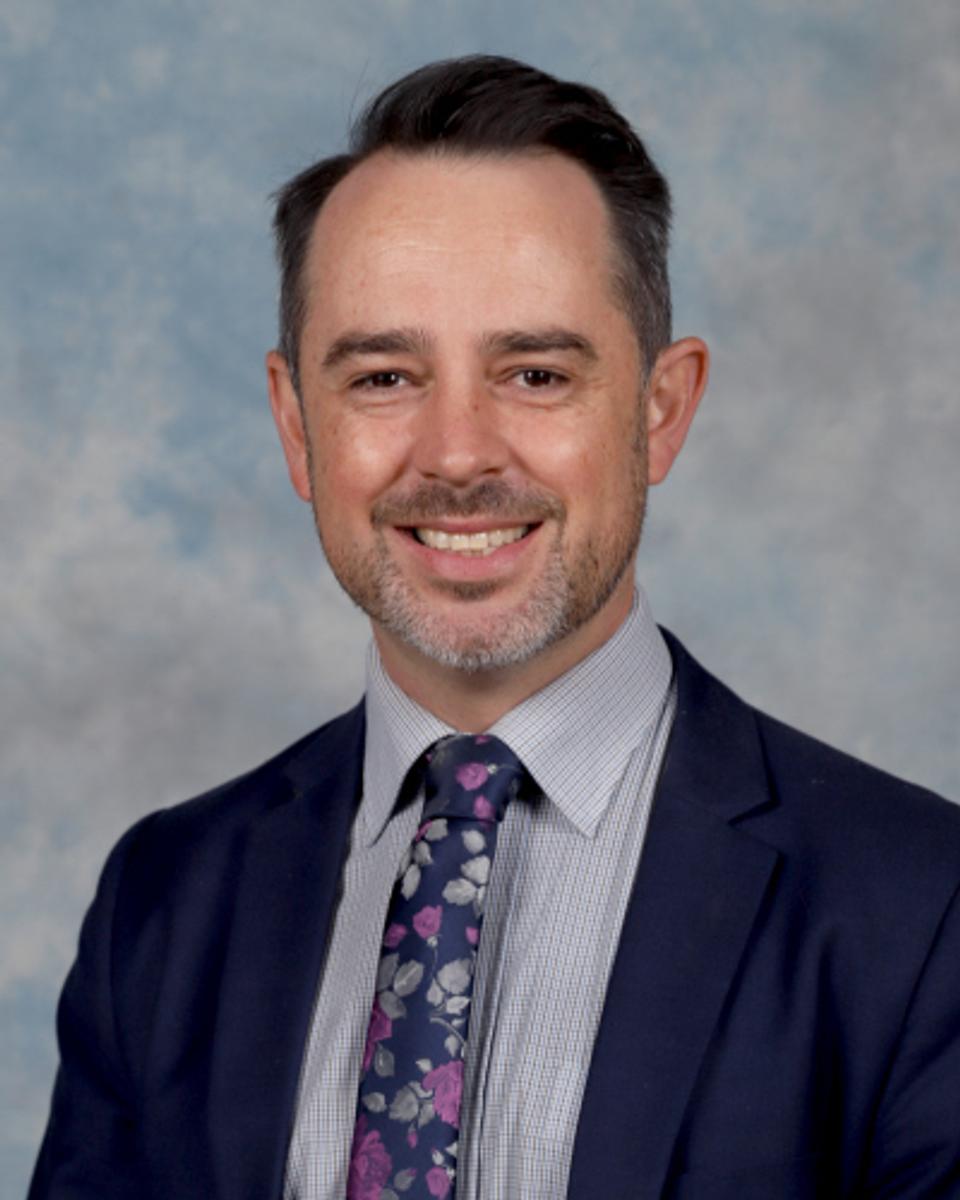Editorial

Learning with purpose
In my first three years of teaching, my greatest satisfaction came from being with Year 9 students.
Classically, students at this year level are disengaged. The ‘new beginnings’ energy from Year 7 has long since worn off; the urgency of VCE feels like a long way away.
Year 9 students often sit in a miasma of lethargy, lacking clear purpose. I could relate to this: my own Year 9 and 10 years were characterised by a lack of purpose. It was hard to motivate myself when I just couldn’t see the point of it yet.
So, in 2006 (my first year of teaching) at Plenty Valley Christian College, it made sense to me that the students of my Year 9 English class would be struggling to see the purpose in what we were doing. As their teacher, it was my challenge to inject classes with purpose that transcended mere grades and curriculum and assessment and all the other things that fed into the seeming meaningless system of schooling. My job was to help my students to strive for something more. I loved that challenge and I still love teaching Year 9s for the same reason.
And while we can get caught up in the purposes gifted to us by systems like VCE, tertiary entrance, workplaces, projects, and political movements, we all ultimately must decide on the purpose of these things for ourselves. At the end of our lives, we will all reflect on whether we did those things because we were expected to, or whether they were truly aligned with our own purpose. We will all wonder whether we have lived a good life and whether the life we’ve lived was authentically our own.
There is something about being a Year 9 student that reflects the human condition: there is no easy answer to purpose. There is no compelling distraction from the potential despair of meaninglessness, unless we make one up or find one.
Very recently, Timothy Keller passed away. For the unfamiliar, Keller was a Christian thinker almost universally beloved across denominational and cultural boundaries. In his life, he wrote and spoke into the notion of Christian existentialism, even right up until the end. He cared deeply about finding meaning.
He realised that even with the ‘sure hope’ awaiting Christians, we still must seek to understand our individual and collective purposes while on earth, which often varies from season to season, person to person, group to group. Christians are still vexed when we don’t understand our suffering; we still experience angst when we face a season without a clear purpose. If we don’t understand our purpose, the best we can do is pretend that it exists in life’s temporary pleasures. For the honest and reflective person, however, these are not ultimately satisfying, like fairy floss for the soul. Our spirits are designed for a nourishing feast, not empty carbs.
We must still work out our faith with fear and trembling. We must find something worthy of living for, not just for eternity, but for today.
This is one of the many things I love about Christian Education: we do not have to pretend, to go about our business of learning with the idea that no such meaning exists, can be found, or can be explored. Each of our staff models ‘living with purpose’ through their lives; each of our teachers mindfully discusses purpose through the big ideas and small complexities of each unit of learning.
We are here to support your children to discover meaning in their lives.
Daniel Symons
Assistant Principal, Learning and Teaching

